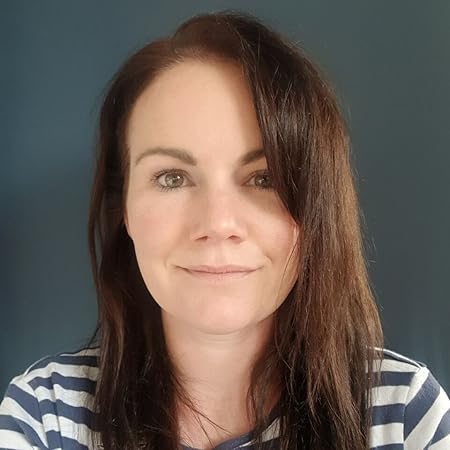
Victoria Jenkins
- Country:
- United Kingdom
- Course:
- MA Creative Writing
Your Career
Since 2017, I have been published by Bookouture, an imprint of Hachette. My first book, The Girls in the Water, reached number five in the US kindle charts. I have had four police procedural novels and eleven psychological thrillers published. Collectively, my books have sold nearly three-quarters of a million copies, and my crime series has been translated into Czech and Polish. Three of my psychological thrillers are being translated into German this year.
What are your top 3 favourite things about Swansea (the city/area)?
The setting of the university is unbeatable - I don't know of anywhere else where you can live and study so close to the sea, with the beautiful Mumbles just down the road. The city is a vibrant place for students, and for those completing courses in Literature/Writing, venues such as the Dylan Thomas Centre offer a wealth of opportunities. The university's staff are experts in their fields, and it's a supportive and nurturing environment.
Why did you choose to study your degree at Swansea?
I spent my first year as an undergraduate at Swansea, but had to transfer to another university for the second year of my degree. The decision was tough, and I'd always hoped to return to study at Swansea, so I was thrilled when I gained a place on the MA course. The reputation of the staff and the flexibility of the course learning were appealing, and during my studies I met some incredible people and made lifelong memories. It absolutely cemented my desire to pursue writing as a career.
Would you recommend Swansea University to other students? Why?
I would recommend Swansea for the expertise of the staff, the supportive learning environment and the idyllic setting of Singleton Campus.
How did your degree prepare you for your career?
I gained important knowledge on submitting work to agents, as well as for entering writing competitions (some of which are prestigious and can lead to invaluable opportunities). The course - which included poetry writing, screenwriting, prose, journalism and scriptwriting - enabled me to identify where my strengths lay, and my writing and editing skills were honed. Most significantly, it was during the MA course that I began to believe in the possibility of writing as a career - something that had previously been labelled by others as a 'pipe dream'. The enthusiasm and support of my mentors helped cement my ambitions, and I learned the patience and resilience to withstand the rejections for which the publishing industry is notorious.
What advice would you give to students who want to pursue your career?
Take the rejections as learning curves. I kept a folder of rejection letters from literary agents, and would highlight every positive comment among the generic 'not for us' responses ('you can write, but...'). They sometimes stung, but without heeding the advice I was getting, regardless how brief it might have been, I wouldn't have found an agent and, subsequently, gained a publishing deal. The best advice I ever had was to keep writing. Bad writing can be edited, but nothing can be done with a blank page. And read. Lots, and everything.
